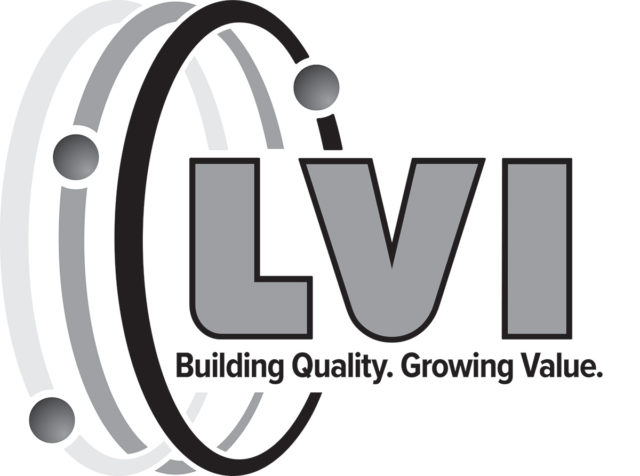While it’s always bittersweet to say goodbye to the long, hot days of summer, I’m excited for the start of college football season. Admittedly, I wouldn’t really call myself much of a football fan, except when it comes to Washington State Cougar football. There’s nothing quite like cheering on our Cougs at Martin Stadium in Pullman.
There are a lot of similarities between putting together a winning team on the dairy and recruiting players for a winning season. Let’s explore some key attributes of winning teams on and off the field.
First of all, communication is key for most things to be successful. It affects so much of what we do on the farm and is instrumental in establishing a welcoming team culture. I recently interviewed Kansas dairyman Lee Holtmeier on the Progressive Dairy Podcast about their priorities for building their team culture and how they keep employees engaged.
“Nobody is more important than anyone else; we’re all the same,” Holtmeier said. “We’re just different players on the field.”
Learn about their farm’s mentoring process and how the little things make the biggest difference when building an outstanding team culture in season 5, episode 25 of the Progressive Dairy Podcast.
In the article Assemble your farm’s best team of experts, Bob Hagenow explains how a high-functioning and effective farm team that is in alignment and focused on achieving the farm’s goals has a competitive advantage over farms without a team.
“People who understand that the objectives of the team outweigh their individual objectives serve teams well,” Hagenow writes in the article. “Individuals with [personal agendas] quickly become limited in their contributions to the team. They tend to not stay on high-functioning teams for long. As the old cliché goes, there is no I in team.”
Part of maintaining a high-functioning team over the long haul – whether on the field or in the milking parlor – involves recruiting talented individuals to fill openings as people leave or retire.
It is more important than ever to make sure we have a next generation that is interested and excited about supporting dairies in allied industry roles or transitioning into management on the farm.
The U.S. Dairy Education and Training Consortium began in 2008 with a goal of providing students with the dairy management education that many universities in the Southwest were no longer offering. What started with 18 students a decade and a half ago has grown to 50 to 60 students annually. Some students come from dairies with the intent to return to them after graduation, while others became interested in dairy through their animal sciences classes.
More than 660 students have participated in the consortium so far, including myself. I was in the inaugural class, and it was one of the best programs I participated in during college.
I joined them for the last few days of their 2023 session in June and was so impressed with the caliber of students. While they learned about a variety of topics ranging from day-to-day dairy cattle management to dairy financials, many students told me how the Consortium opened their eyes to the many career opportunities available within the dairy industry.
Josh Hoffman was also part of the inaugural class in 2008, and echoes the value of the networking opportunities provided during the six-week course.
“Networking within the group of students and with the sponsors is an opportunity that I don’t think you will get anywhere else,” Hoffman says. “If you want to go into the dairy industry, it’s a must. It’s going to give you a foundation to help you start your career.”
Read about the program in the article Preparing the next generation: Dairy Consortium celebrates 15 years of dairy education. You can also learn more about the consortium by listening to season 4, episode 38 of the Progressive Dairy Podcast.











